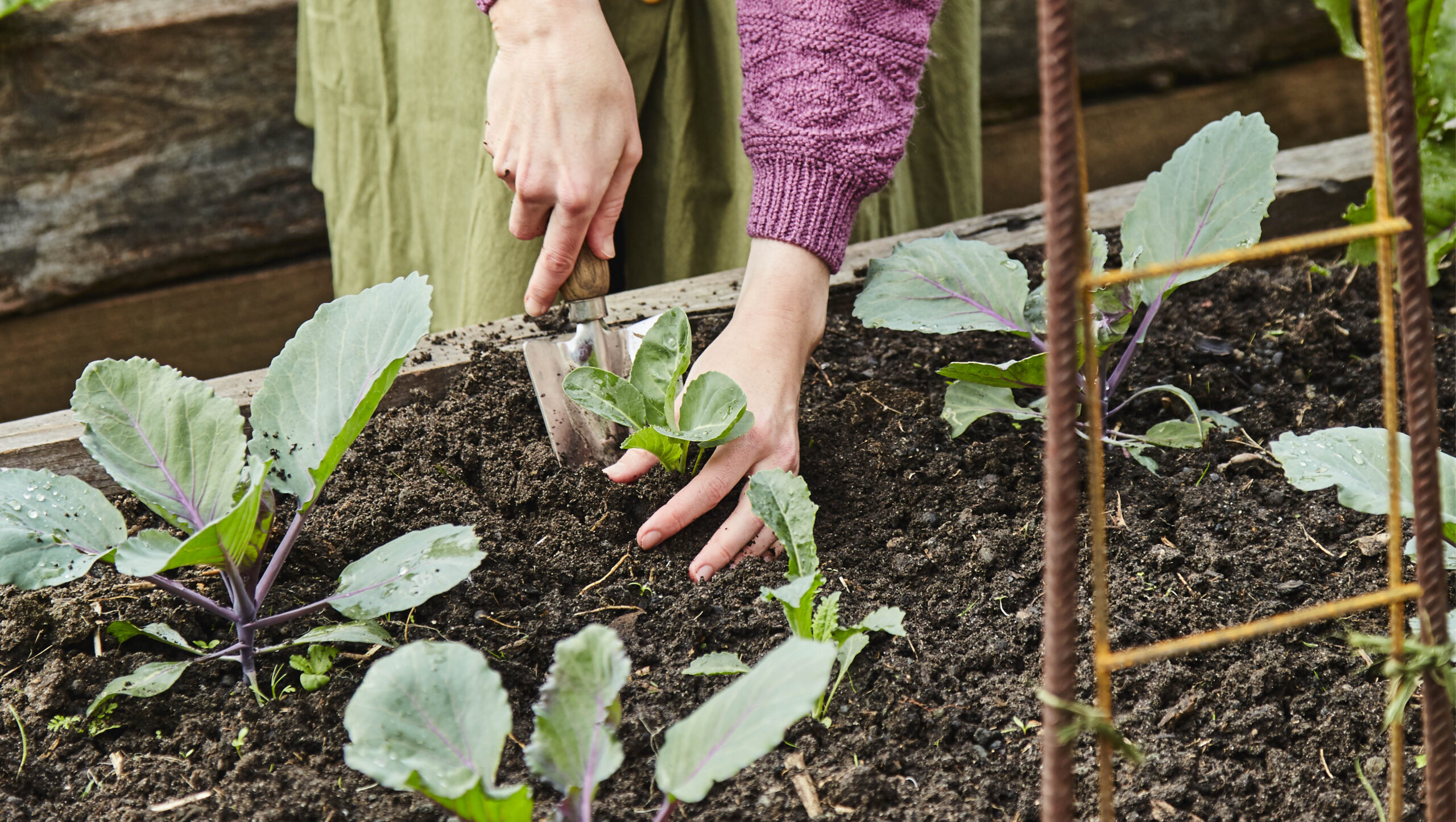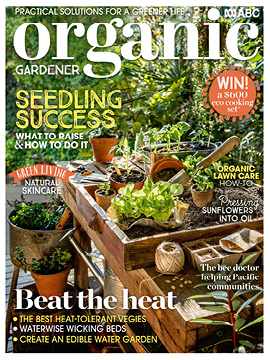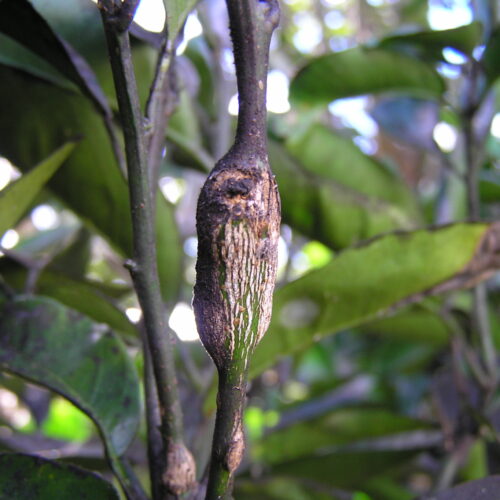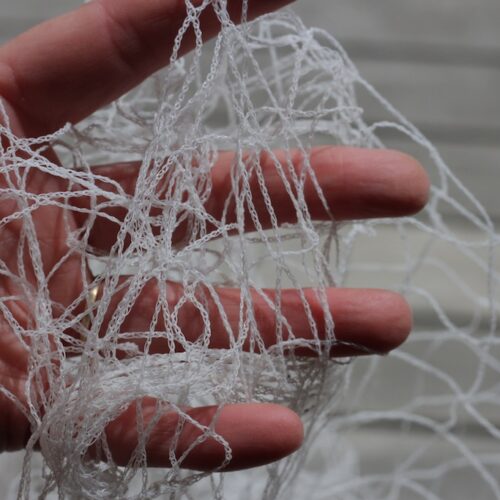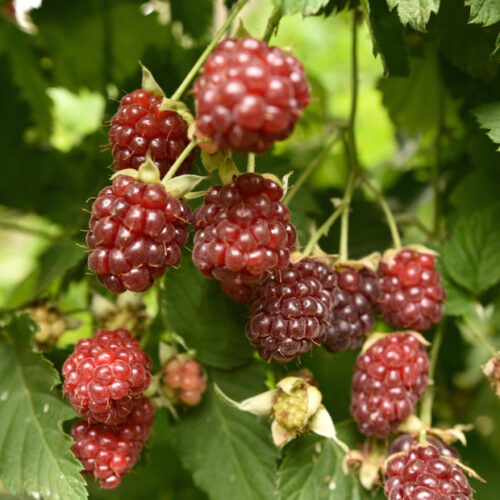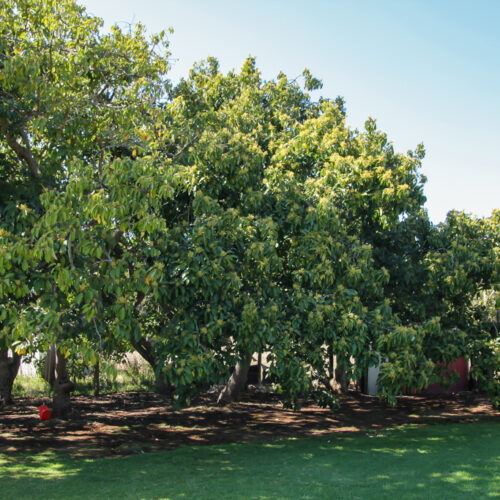Your end of spring to-do list
2023-11-08T00:03:34+11:00
Before spring ends and the worst of the heat arrives, take some time to prepare your garden for a successful summer, writes Angie Roach.
We know there’s a neverending to-do list when it comes to gardening, but breaking it up into seasonal tasks always helps. And that’s what we’ve done here: a set of jobs to be done in spring before the heat hits.
Clear out the weeds
Getting on top of the weeds now will save a lot of hard work when your garden is fully flourishing. As temperatures get warmer and weeds start to germinate, a hoe can be your best friend. Getting into the habit of regularly hoeing or hand-pulling weeds from your beds ensures that you deal with the weed seedlings when young. They can even be left in situ to decompose, much like a green manure crop. Larger, perennial weeds or weeds that have gone to seed are best removed completely to prevent them taking over.
Compost
Not only packed with nutrients, compost is alive with a myriad of beneficial organisms that help boost the structure and health of your soil. Compost promotes strong, vigorous plants that produce well and are better equipped to deal with pests and diseases.
Regardless of your current soil conditions, the addition of compost is always beneficial and can transform the health of your garden. A good composting system is invaluable to your vegetable garden, but don’t despair if you haven’t set your composting system up yet. You can purchase good quality organic compost, either in bags or in bulk, from your local garden supplier.
Mulch
Mulching your garden mimics what happens in nature, where fallen leaves, dead plant matter and bark cover the ground, feeding and insulating the soil below. Mulching your beds well will help prevent weed seeds from germinating, protect your soil from drying winds and the hot summer sun, and retain moisture so that your plants can thrive. Regular mulching ensures that your soil has a good source of organic matter to feed the microorganisms below, helping the cycling of nutrients and improving structure.
There is plenty to choose from when it comes to organic mulches – leaf litter, straw, pea straw, lucerne, compost, newspaper, cardboard, sugarcane mulch and pine bark. Choose a mulch that is affordable and suits your garden’s needs.
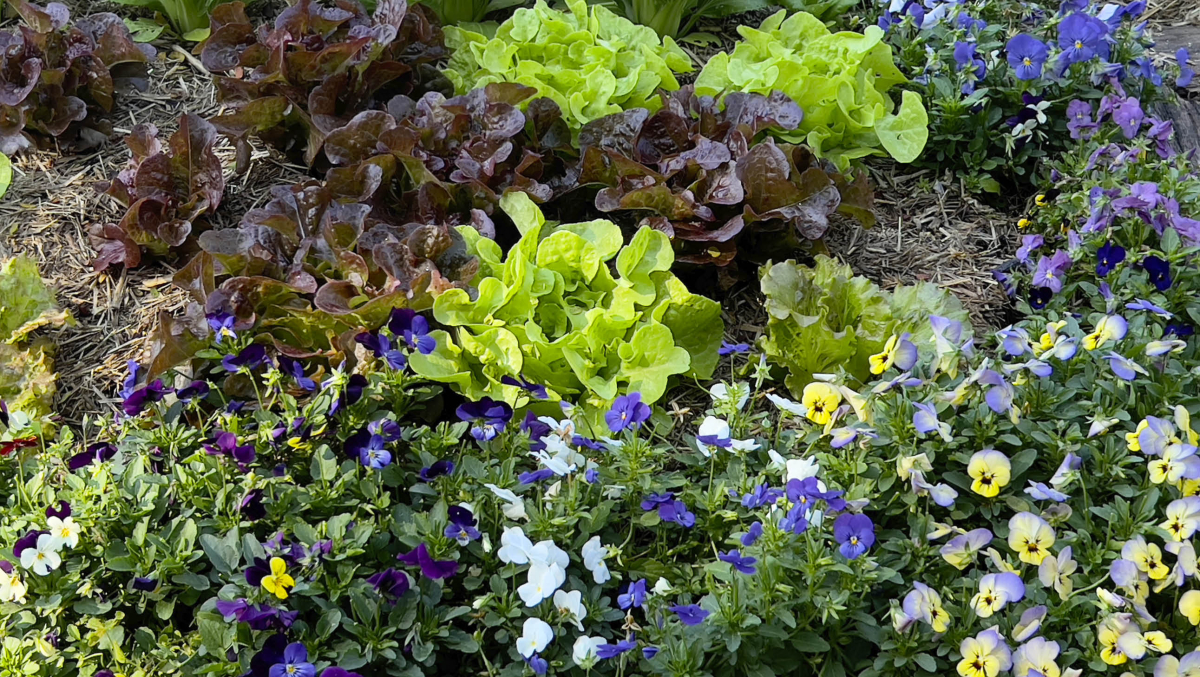
Feeding
Applying good organic fertilisers can help balance soil nutrients and improve the fertility of your soil. Pelletised fertilisers are easy to use and can be raked through your prepared garden bed prior to planting. Fertilisers include animal manures, fish emulsion, compost, seaweed, worm castings or a blend of these. A blended fertiliser is more complete with a full range of nutrients and is usually the best option for use as a general fertiliser throughout the garden.
Liquid fertilisers are diluted with water and applied directly to your plants. Nutrients are taken up quickly, promoting vigour and growth. As with the pelletised fertilisers, there is quite a choice of liquid forms.
For more organic gardening ideas, get a copy of the magazine delivered to your door. Just head here to find out how!

